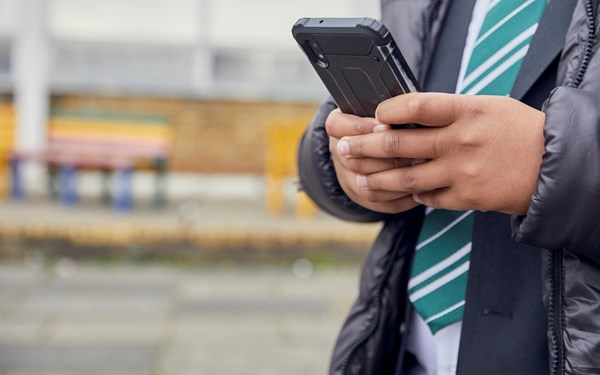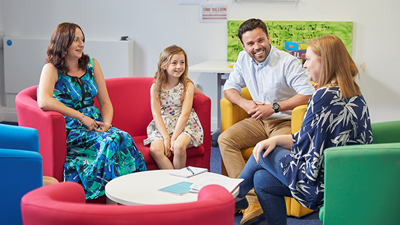Contact the NSPCC Helpline
You can contact the NSPCC Helpline by calling 0808 800 5000, emailing help@NSPCC.org.uk or completing our report abuse online form.
Our voice Helpline is currently available 10am–4pm Monday to Friday. You can still email help@NSPCC.org.uk or complete our report abuse online form at any time for free. You don’t have to say who you are.
If you think a child is in immediate danger, please call the police on 999 straight away.
18 or under?
Childline offers free, confidential advice and support whatever your worry, whenever you need help.








